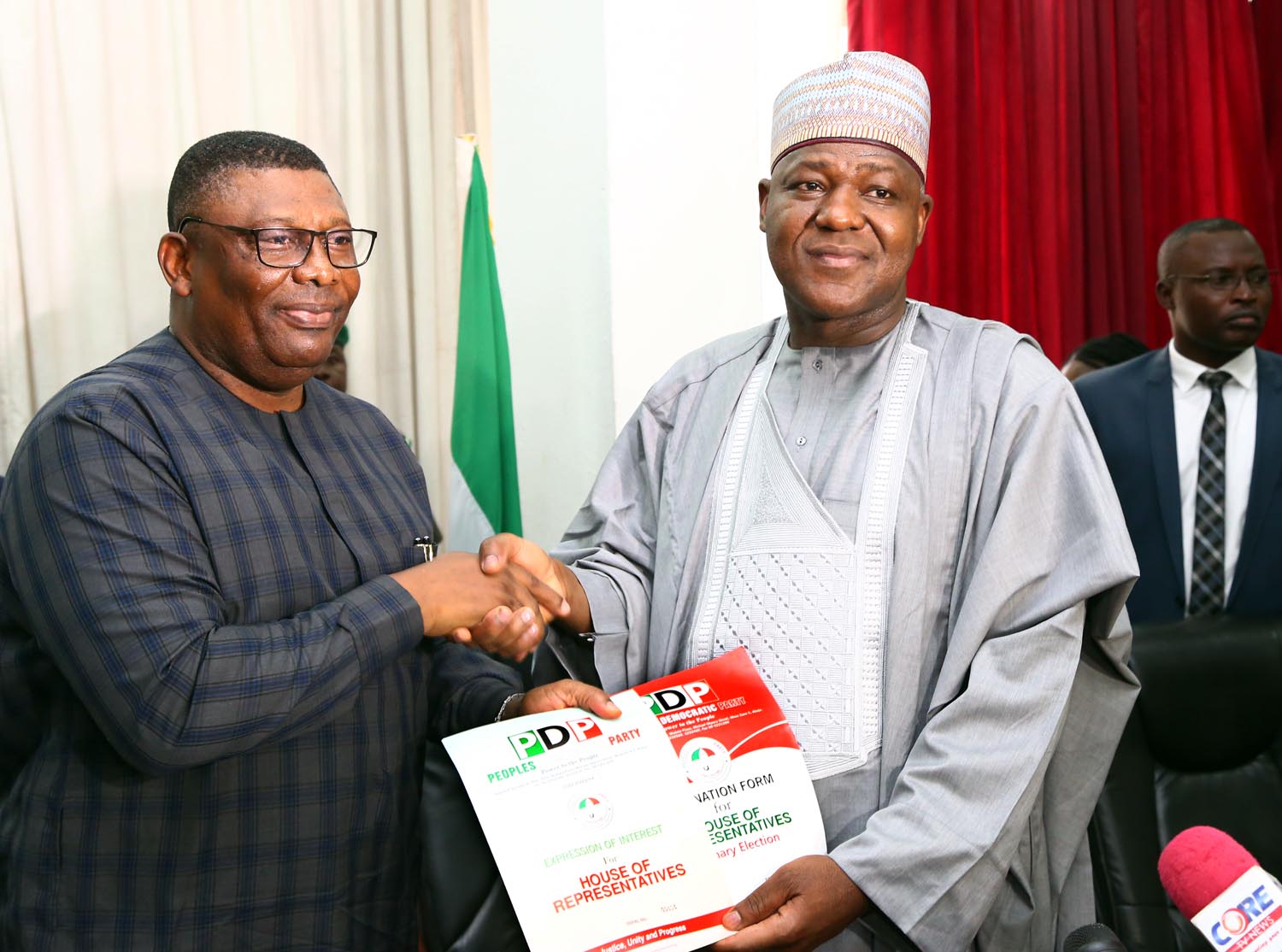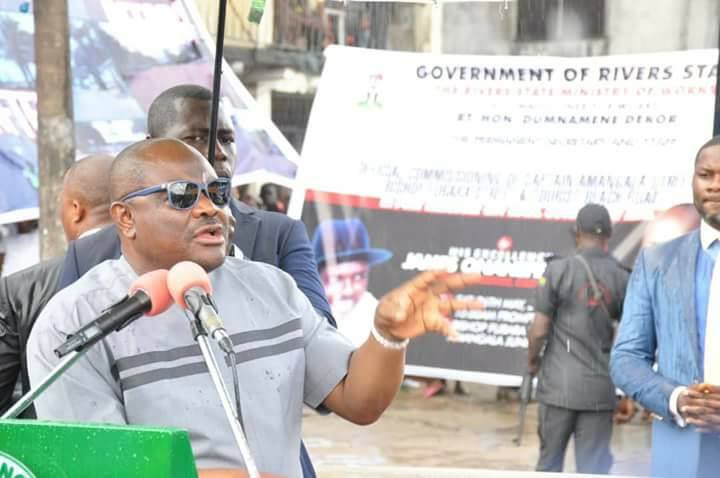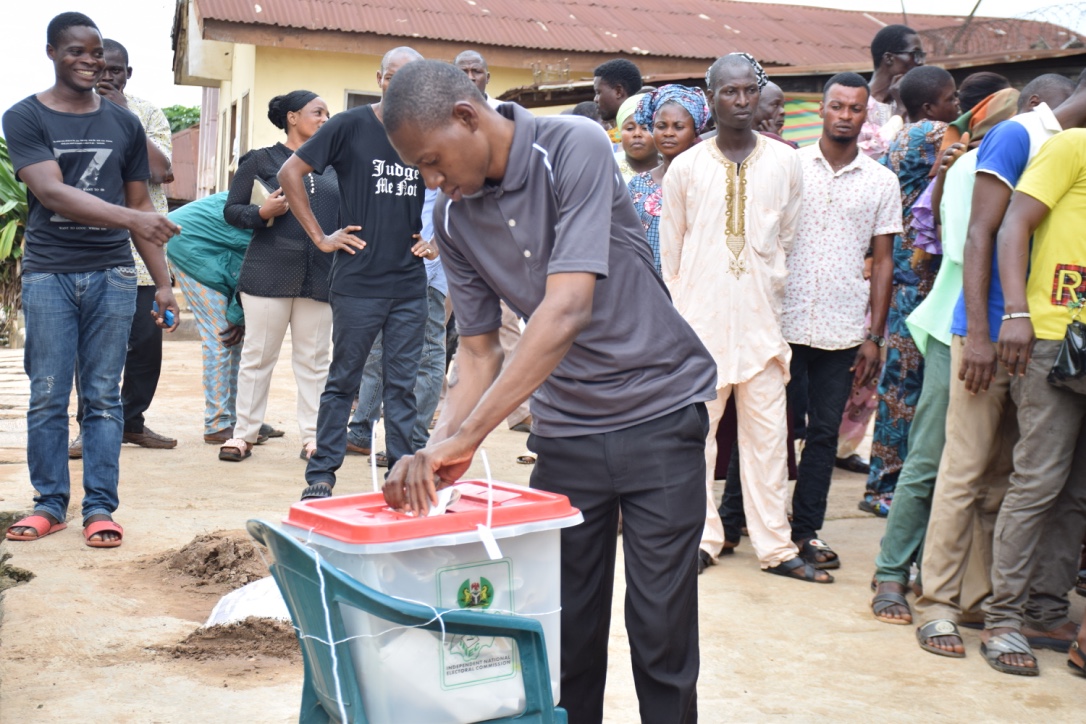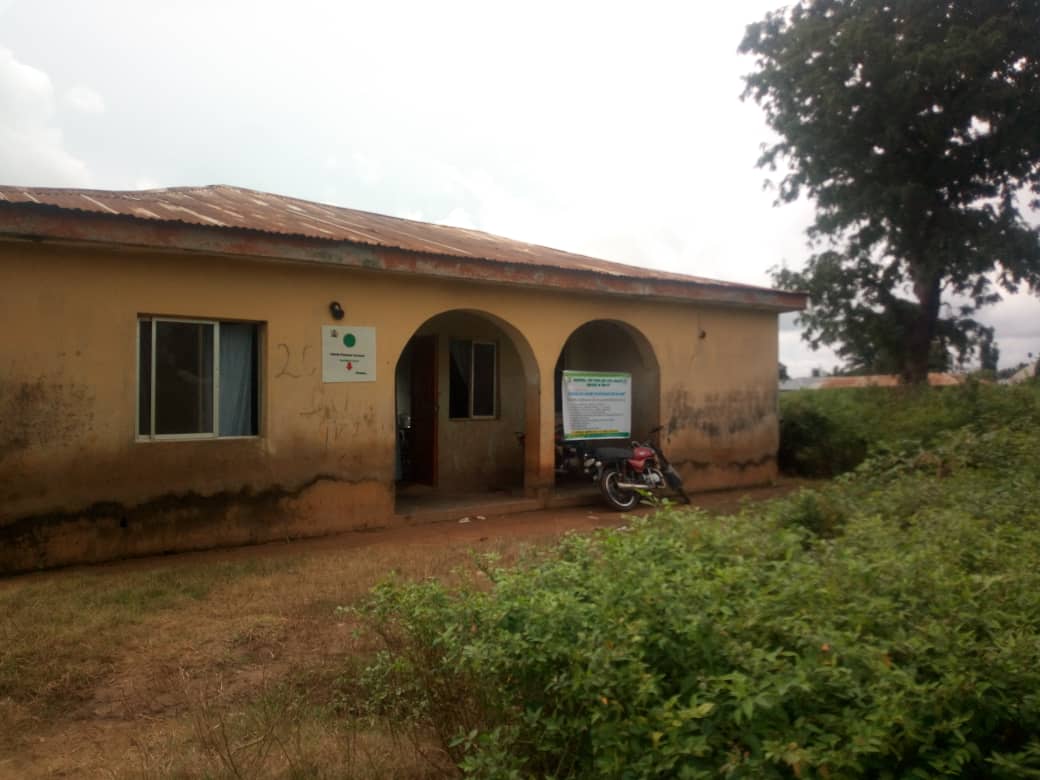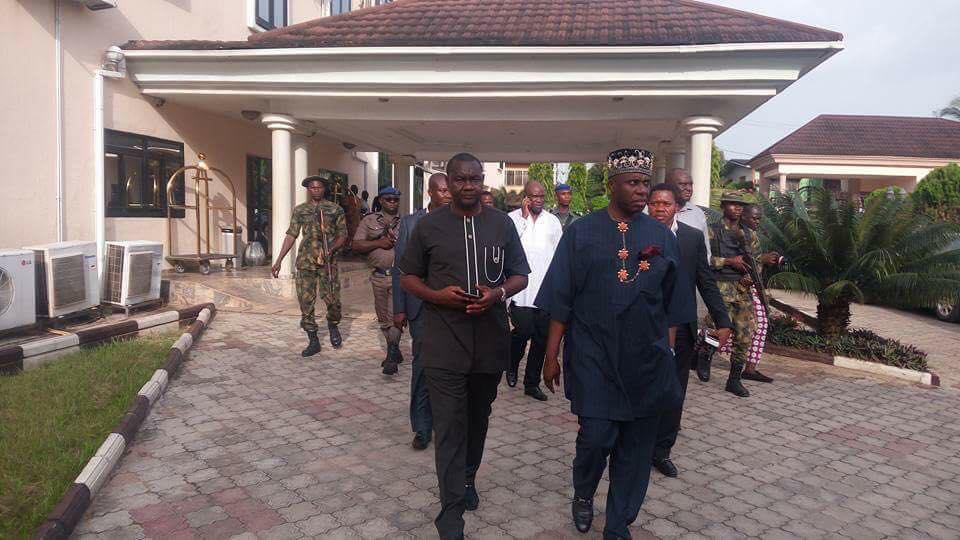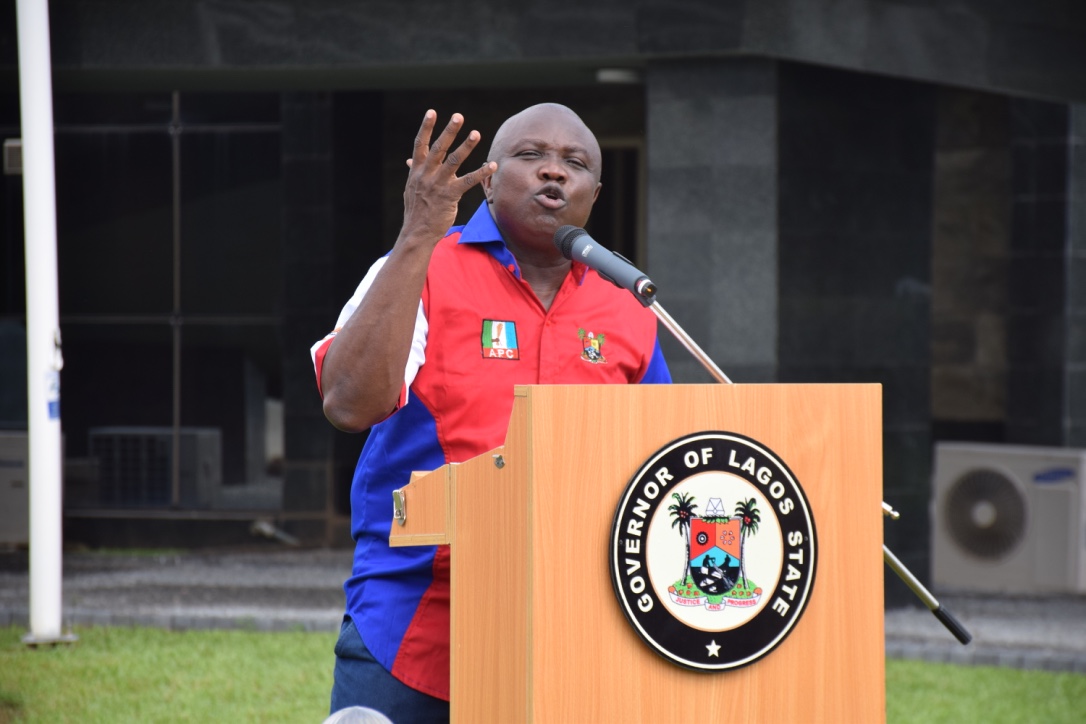BY ABIODUN BABAJIDE
In 1999, after the inauguration of the Olusegun Obasanjo administration, People’s Democratic Party (PDP), had its Governors presiding in 21 out of the 36 States of the Federation. While All People’s Party (APP) had nine States then, Alliance for Democracy (AD) had only six States. Asiwaju Bola Ahmed Tinubu has been a central figure of the AD since the beginning of that administration. In addition to Lagos State, AD was also in control of Ekiti, Ogun, Ondo, Osun, and Oyo States. It was clear then that AD dominated the South West but PDP had its eyes on the same region and was plotting to conquer it.
By 2003, the number of PDP States had increased to 28 as Oyo, Osun, Ondo, and Ogun had fallen into their hands. Asiwaju Tinubu held Lagos as the only AD Governor in Nigeria. As a lonely Governor at the time, Lagos and the Federal Government had several tussles, during which Tinubu was able to hold his ground.
By 2007, AD had metamorphosed into Action Congress (AC) but Lagos State was still the only State it could hold with Babatunde Fashola as the Governor. PDP still had 28 States. In 2011, AC was renamed Action Congress of Nigeria (ACN). The party succeeded in regaining some of its lost States in the South West while also making inroads into other regions. It retained Lagos State, reclaimed Ekiti, Ogun, Osun, and Ogun States in the South West; and gained Edo State in the South South region. This time, PDP States reduced to 23.
Advertisement
Prior to 2015, a combined force of ACN, Congress for Progressive Change (CPC), and All Nigeria’s People Party (ANPP), birthed APC. This grand alliance led to the emergence of President Muhammadu Buhari in 2015. With this new political gusto, and with Asiwaju Tinubu playing a strategist role, the number of APC States went to 21, holding majority of the South West and making imprints across North East, North West, and North Central, while those of the PDP further reduced to 14. From the foregoing, it can clearly be seen that Lagos State has been central to the development and expansion of APC.
The Stability of Lagos APC and the Bravado of PDP
By next year, Lagos APC would have held the seat of government for 20 years with a very strong possibility of another four. From city beautification to infrastructure development, education, security, transportation and health, Lagos has witnessed progressive development since 1999. Most analysts have inferred that the stability and progress of the State is a function of the fact that the same party has been directing the affairs using its designed blueprint. Lagos is currently on its third Governor within the same party system and implementing the same development programme. All this, analysts argue, has helped the State to move that fast. Some other States of the federation are also on their third Governors since 1999 within the same party but not all of them have enjoyed consistent development as a designed party programme.
Advertisement
Beyond this, Lagos is the most economically-developed State in Nigeria. Currently, the State IGR is in excess of N300bn, a far cry from what it used to be prior to 1999. Nearly all companies in Nigeria worth their onions have presence in Lagos.
In 2007 and 2015, when Lagos PDP fielded Senator Musiliu Obanikoro and Mr. Jimi Agbaje respectively, PDP seemingly deployed every resource at its disposal to win the elections. But that did not happen. In fact, after 2015, and with Ambode’s popularity as a high performing Governor, it appeared as though the spirit of PDP has been permanently subdued in Lagos State, so much so that its State Chairman defected to APC in August 2018.
The Sudden Intra-Party Brouhaha
When it became public knowledge that Governor Ambode and Asiwaju Tinubu may no longer be on good terms hence the APC will be fielding a different candidate for the 2019 gubernatorial elections, their internal political unity ruptured. The confident entry of Babajide Sanwo-Olu into the race and his seeming acceptance by the party’s public left observers wondering why the party created such sudden turns. Stakeholders have been seen consulting and making entreaties on behalf of Governor Ambode. The sweet stability of the APC political machine in Lagos was vehemently challenged. At a time when the PDP is desperate to rein power back into its fold, a troubled Lagos APC will be music to its ears.
Advertisement
The Osun Exposition
While Lagos was at it, the near-miss of Osun APC in regaining power in the gubernatorial elections of September 22 2018, threw up sufficient dust for political poker players to imagine that most of the South West, including Lagos, can end up with PDP in 2019. While Senator Ademola Adeleke was being ridiculed as a dancing Senator without much substance for public leadership, he almost clinched the governorship seat. The question some pundits have asked is ‘what if he offered much more value than he did’?
APC may have won the State but the party cannot deny that it was shaken.
PDP as the Desperado
Advertisement
From the moment President Buhari won the 2015 Presidential elections, PDP has been publicly condemning virtually all actions of the ruling party. With increasing hardship – an element usually characteristic of reforms – the opposition has amplified all negative points they have been able to muster against the President and the ruling party. APC’s blame games also helped fuel the lashing by PDP. But the objective is clear; PDP is bent on doing everything it can to get power back.
APC’s Balkanization Effect
Advertisement
The strategic position of Lagos and its two decades old political consistency has placed the State in the searchlight of political speculations. The recent fiasco in Lagos APC has created a sense of balkanization in the party. Political opponents are looking at the possible fragmentation of a State party that has been hitherto stable. With such a breach, the opposition can jump in and exploit the cracks to seize power. This is stimulating a new type of adrenalin rush within the PDP in Lagos.
Tightening the Bolts
Advertisement
Ex-President Barrack Obama once said: “…This is not a matter of political correctness, it’s a matter of understanding what makes us strong; the world will respect us not just for our arsenal, it respects us for our diversity and openness. Lagos APC has been known for its diversity and openness. This is not the time to renege on what the party has built over the years.
Babajide, a public affairs analyst, writes from Lagos
Advertisement
Views expressed by contributors are strictly personal and not of TheCable.
Add a comment

